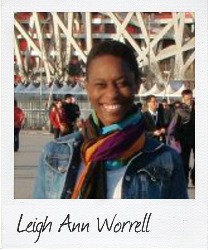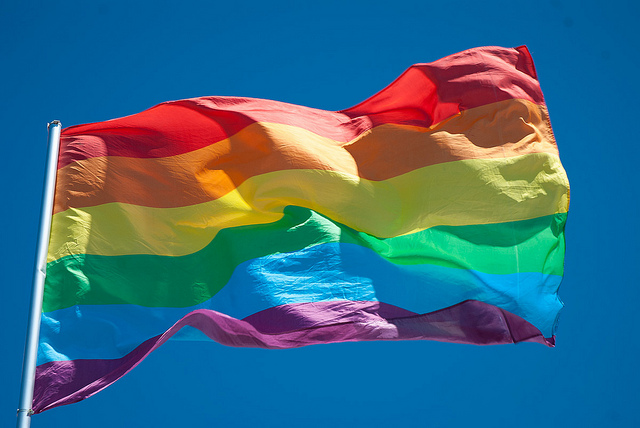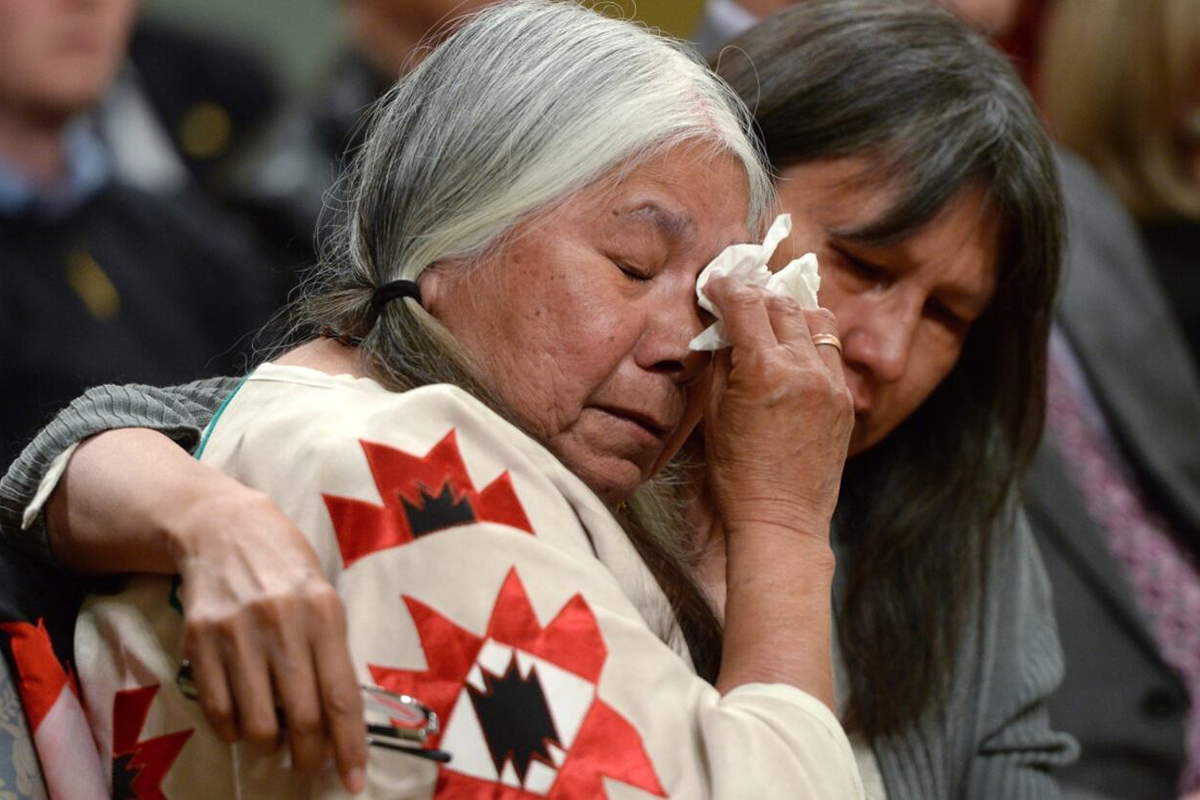"Getting it 'write': reporting on marginalised people"
January 9 Journalists can unwittingly marginalise minority groups by misusing language or relying on stereotypes, writes Leigh-Ann Worrell, 27, a Commonwealth Correspondent from Barbados, who offers tips on inclusive writing.
Journalists can unwittingly marginalise minority groups by misusing language or relying on stereotypes, writes Leigh-Ann Worrell, 27, a Commonwealth Correspondent from Barbados, who offers tips on inclusive writing.
Representation matters.
It is a truism which marginalised groups have known all too well. When those on the fringes are seen reflected in public discourse, the same tired tropes are usually relied on – many times to the same detrimental results. Sexual minority groups are among some of the most vulnerable; they are prone to attacks, violence and various forms of discrimination. Therefore, we must be careful in the (re)telling of their stories as misrepresentation can be as damaging as under-representation.
As someone with a keen interest and training in journalism, and a vocal ally for proper LGBT+ representation, I believe it is the time for Caribbean journalists to develop the right toolkit for reporting on issues related to sex, sexuality and gender identity.
Take for example the lead of a recent story about a 21-year-old trans woman from Barbados, taken from a daily publication based there:
“Alexa Strauss-Hoffmann was born a man; but converted (emphasis mine) himself into a woman a few years ago.”
The story was meant to shed light on Strauss-Hoffman’s “decision to change gender, and how life has been since then.” While the effort must be lauded, it was an example of the damage which could be further rendered upon marginalised groups when our words are not carefully chosen. It comes at a time when the LGBT+ community in the Caribbean has been steadily building a platform on human rights discourse. As such, those who wield the capacity to reach mass audiences should place even more focus on getting it right. Getting it right also matters since some Barbadian Members of Parliament do not see the need to include same-sex unions into domestic violence legislation – and the Prime Minister is yet to speak up on the issue. Getting it right is crucial to those who are questioning their gender identity, and are looking for the discursive tools to understand themselves and their feelings.
A good place to start in reporting on the experiences of trans people is that “the transgender” is not a suitable second reference. This could be simply remedied by asking the interviewee what pronoun they preferred (he, she, they) and use it consistently. Another challenge in the reporting of trans people and issues in the Caribbean is the conflation of gender identity and sexual preference. They are not one and the same and this is a key distinction. Taking another example from the article in discussion, the reporter wrote:
“No longer living in the closet, and feeling as free as a soaring eagle being herself, Alexa is adamant an individual’s sexual preference is personal, and one should not be ridiculed or persecuted for it.”
This was followed by a direct quote from Strauss-Hoffman, which stated: “I wouldn’t necessarily say that my gender identity is just my business now, because I am already out there. But, what is under my clothes and who I interact with on an intimate level is between myself, my closest friends, my family; those who would care to know.”
The distinction between sexual preference and gender identity could have led to an avenue for generative discussion on the spectrum of trans identities and sexual expression. Therefore, because Strauss-Hoffman has identified as a female, she is not gay.
While I have singled out two aspects of the story, there is much to be analysed, unpacked and challenged in stories covering the LGBT+ community, especially in the Caribbean. And more than simply the telling, the crafting of these tales has to be done with care. A cursory glance at the comments on the story on social media revealed that there is still a level of misinformation and Christian righteousness which informs (and blinds) the Barbadian populace. Many of the commenters displayed essentialist views on what womanhood meant (i.e. being able to menstruate or bear children – which not all cisgendered “women” can perform) and what sexual preferences lie in Strauss-Hoffman’s bed.
When we write, we have to get it right. If we don’t, we as media practitioners unwittingly (or otherwise) participate in the systemic damage which has been inflicted on LGBT+ groups for decades. This article was not intended to “name and shame” or to participate in the detrimental “call-out culture” which prevails within modern-day social activism. Rather, this is a call into social responsibility. Why? Because representation matters.
I will conclude with nine points from Poynter on best practices with reporting on trans people:
- Stop writing the same story (Think beyond the sexual reassignment surgery).
- Pursue the ordinary.
- Stop asking for before and after photos.
- When you’re told someone’s name, use it.
- Stop asking about someone’s medical transition process.
- Stop using outdated or dehumanizing language. (such as “transgendered or a transgender).
- Learn from your mistakes.
- If you’re unsure about which pronoun to use, ask the person you’re writing about. If you can’t do that, defer to the style guide.
- Remember that transgender women are women, transgender men are men, and everyone is human.
photo credit: gruenemv via photopin cc
…………………………………………………………………………………………………………………
About me:
I am a writer for Barbados Today. I am passionate about women’s rights issues, theatre arts and cats. I like hanging out with my friends, live for the beach and (sorta) enjoy cooking. I eventually to work in the gender and development field in any part of the world.
…………………………………………………………………………………………………………………
Opinions expressed in this article are those of the author and do not necessarily represent the views of the Commonwealth Youth Programme. Articles are published in a spirit of dialogue, respect and understanding. If you disagree, why not submit a response?
To learn more about becoming a Commonwealth Correspondent please visit: http://www.yourcommonwealth.org/submit-articles/commonwealthcorrespondents/
…………………………………………………………………………………………………………………




